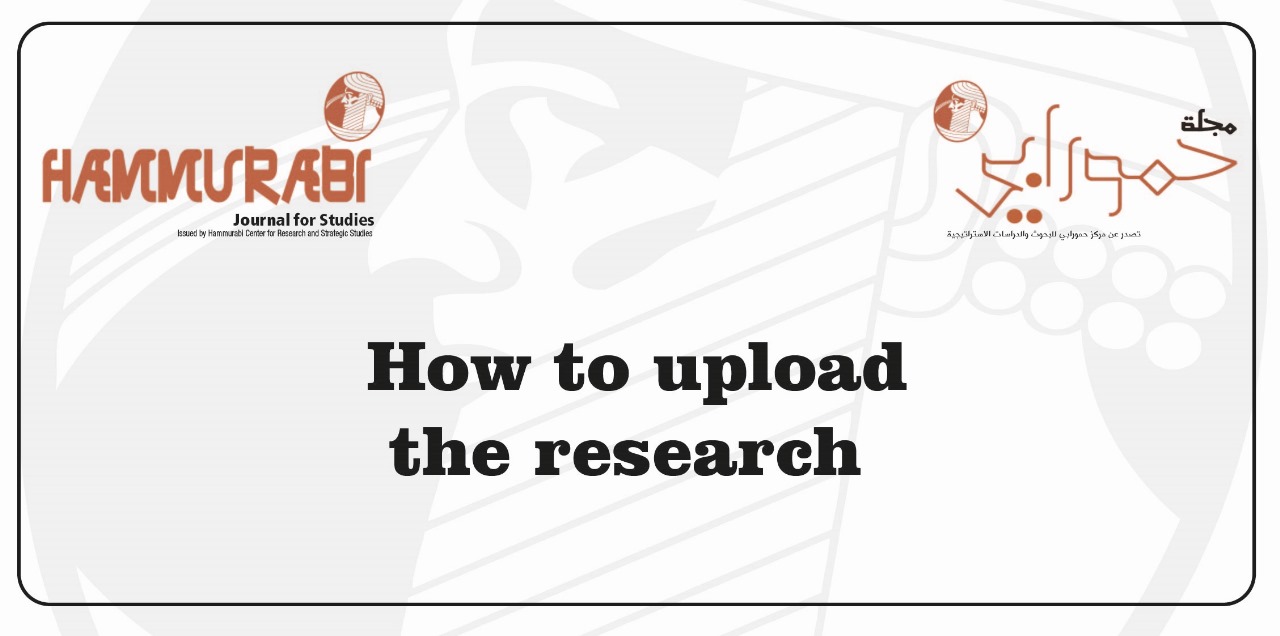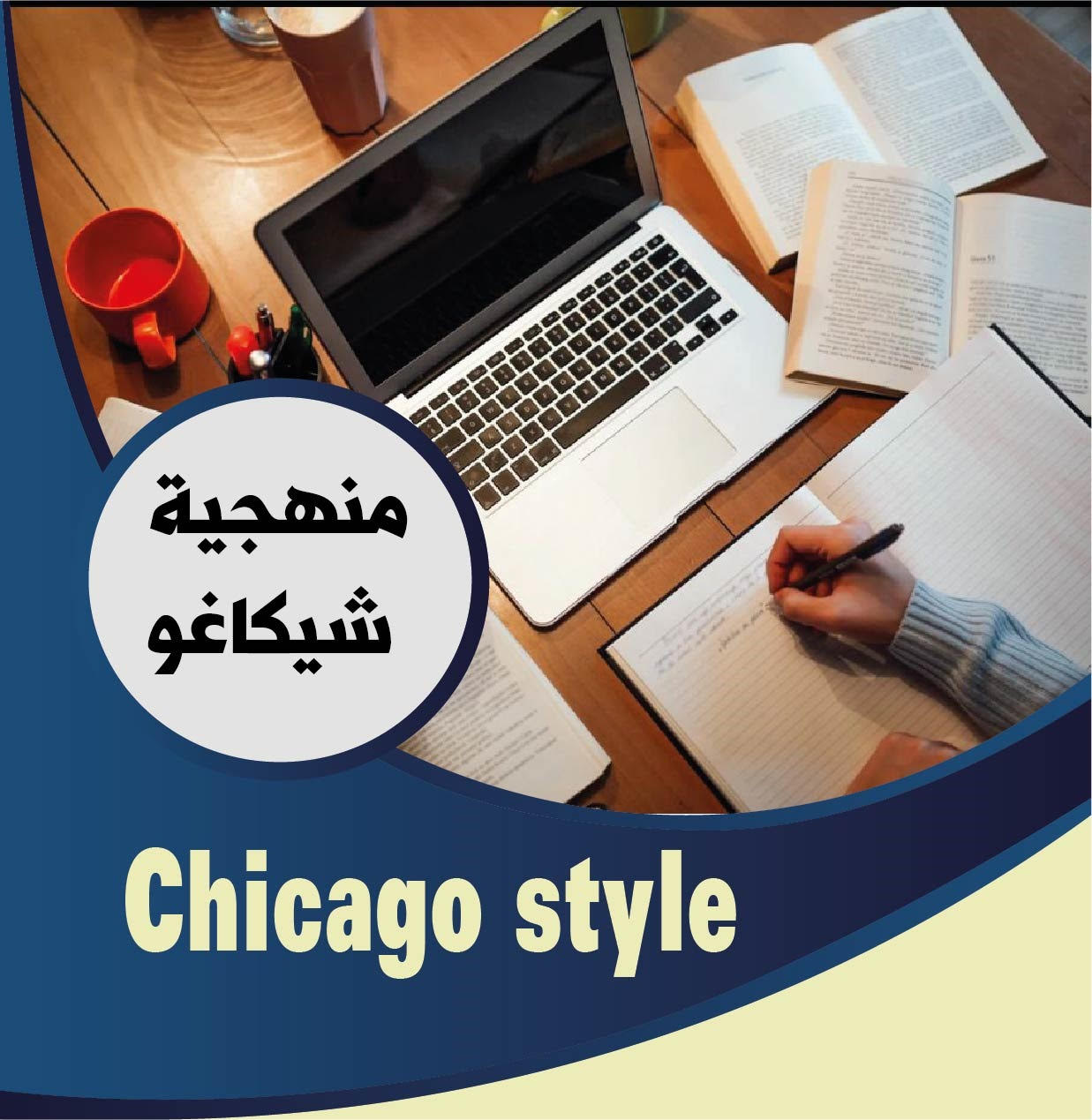International Embargo between Theory and Application
Abstract
The international embargo, according to the traditional concept, is the prohibition or proscription imposed by a state in its ports, and within the legal spaces of its coasts, with the aim of preventing the departure of ships, or with the aim of prohibiting certain types of goods belonging to the target country, and it is of several types, which are: economic, or military , Or oil, or a ban on all types of air, land, marine and postal transportation, or that it be a comprehensive ban. The international ban was clarified after the end of the World War I in 1918, and the formation of the "League of Nations", as Article 16 of the League's covenant stipulated the imposition of ban against the state that resorts to war in violation of the laws of the League that prohibit resorting to war, except in certain cases. After the formation of the United Nation Organization in 1945, and in accordance to the provisions of Chapter VII of its Charter, it imposes measures of international embargo against any country that threatens international peace and security, or that it undertakes any act of aggression, and all members of the organization must implement international embargo resolutions.
After the collaps of the Soviet Union in 1991, and the establishment of the new unipolar international system, the United States sought to interfere in affairs that are in the core of the internal authority of states, and to impose sanctions against countries that oppose American politics, and has used more modern types of sanctions that affect political and social leaders. In light of the Corona-Covid-19- pandemic, many countries have sought to detain ships and airplanes in ports and airports as a precaution to prevent the spread of pandemic, and at the same time, the United States imposed new sanctions on Iran and Syria despite the urgent need for health materials to address the epidemic in a marked decline in oil prices globally.











